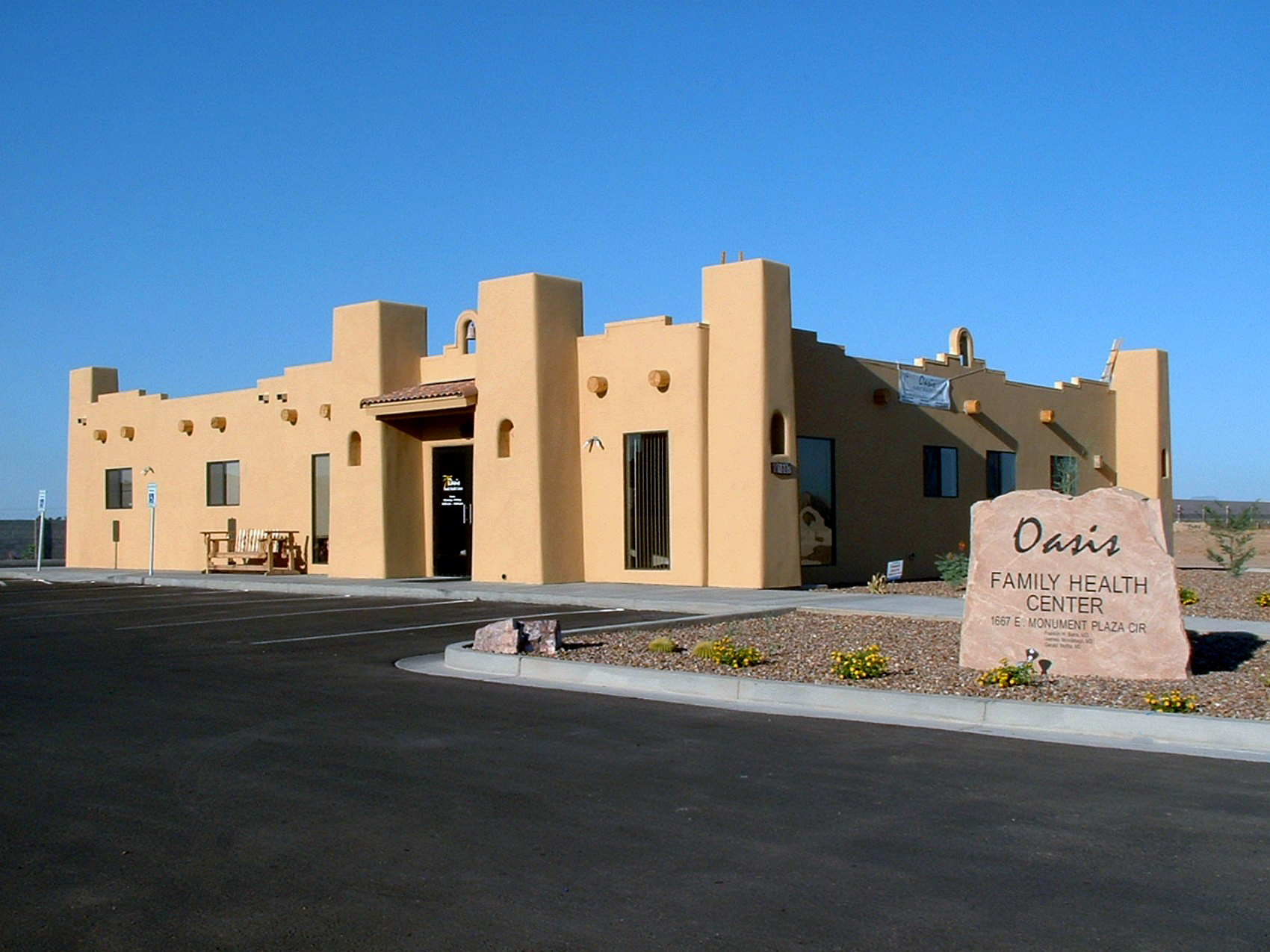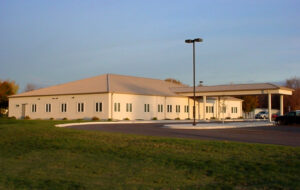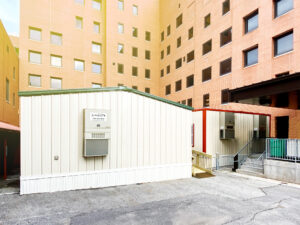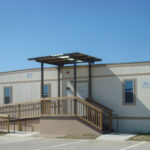
With rapid advancements in technology and the changing needs and expectations of patients, the health care industry is constantly evolving. To keep pace, medical staff must also adapt quickly. But how can they do so if there isn’t enough space? A simple solution to this is prefabrication construction for medical modular buildings.
What Is Modular Construction in Health Care?
Modular building design and construction are new ways of building that are now more common than traditional types due to technological advancements that have broadened the possibilities for new applications. They can also benefit many industries, such as health care.
Modular hospital construction provides much-needed spaces for doctors and nurses to work efficiently and for patients to heal comfortably. Its buildings are of high quality and allow health care facilities and clinics to grow or change as more patients need their care.
Key Benefits of Modular Construction in Health Care
Here are some major advantages of utilizing modular construction in the healthcare sector
1. Faster Project Timelines
Modular buildings are known for how fast they’re built, shipped, and constructed. Unlike traditional construction, one group builds these modules in a factory while another prepares the site where they’ll be going. The two crews are working together by communicating and collaborating to make sure they follow the same timelines and meet the same deadlines. The average build and installation times of modular buildings vary depending on construction design and location, contact your local Satellite Shelters sales representative to learn more.
2. Cost Savings of Modular Healthcare Construction
One of the best things about modular construction is that it saves money by using materials wisely, lowering worker costs, and avoiding additional expenses that could result from bad weather or building delays. Modular buildings are also more flexible, as you can purchase, rent, or lease a new or old building.
A modular building provider should be flexible, open, and offer exceptional customer service. Luckily, Satellite Shelters is all about transparent and fair pricing.
3. Customization and Scalability for Health Care Needs
With modular construction, the options are endless within the design process. Health care facilities can choose their layout, how and what equipment they want to be installed, and even design the space for their patients’ comfort, whether it’s a special room for X-rays or a fully equipped emergency center. Project analysis is the first and core step in designing a modular building, and once that’s set in stone, the rest of the project is smooth sailing.
Uses of Modular Buildings in Health Care
Modular medical buildings can serve many different health care needs. The following are some common examples.
1. Modular Hospitals and Emergency Response Units
Hospitals and emergency response units need to be ready for anything when the unexpected happens. Whether many patients need testing or doctors and nurses are dealing with the aftermath of a disaster, everyone needs space.
Thankfully, hospitals can be prepared using modular buildings. When there’s not enough room for an influx of patients, having an extra spare space nearby with the same equipment as an emergency room can help doctors and nurses work efficiently.
2. Urgent Care Centers and Walk-In Clinics
A modular building is a great choice for urgent care centers and walk-in clinics because it can be built quickly and set up almost anywhere needed. These centers help patients who need medical attention fast but don’t necessarily need to go to the emergency room. Since modular health care buildings are customizable, staff can easily set up waiting rooms, exam rooms, and medical equipment and have them ready for patients.
3. Dentist and Specialist Offices
Whether you’re a dentist, dermatologist, or other specialty medical provider, you’ll need space for yourself, your patients, and equipment. Modular medical buildings are flexible and can suit the needs of varying medical practices. They are also available in a variety of sizes and can be made to meet the needs of the medical facility.
4. Imaging and Diagnostic Facilities
With technological advances in imaging and diagnostics, staff can use modular buildings to house tools like magnetic resonance imaging machines and computed tomography scanners.
Moreover, modular health care construction integrates critical design elements, such as soundproofing, which minimizes noise disruption and provides a quieter patient experience. To meet stringent safety regulations, they can also be built with radiation shielding, using lead-lined walls and other protective materials.
5. Temporary and Mobile Medical Units
According to the CDC, one in five people lives in rural areas. These people are more likely to die due to factors like limited access to specialized medical care and emergency services and exposure to specific environmental hazards. However, with modular buildings, doctors and nurses can support rural residents by providing them aid via temporary and mobile medical units.
Choose Satellite Shelters for Modular Health Care Construction
Looking for a fast, affordable, and flexible way to build your health care facility? Satellite Shelters provides high-quality modular medical buildings for hospitals, clinics, and offices. Get the space you need quickly with less hassle. Email Satellite Shelters today to learn how modular construction can help your health care facility grow!





